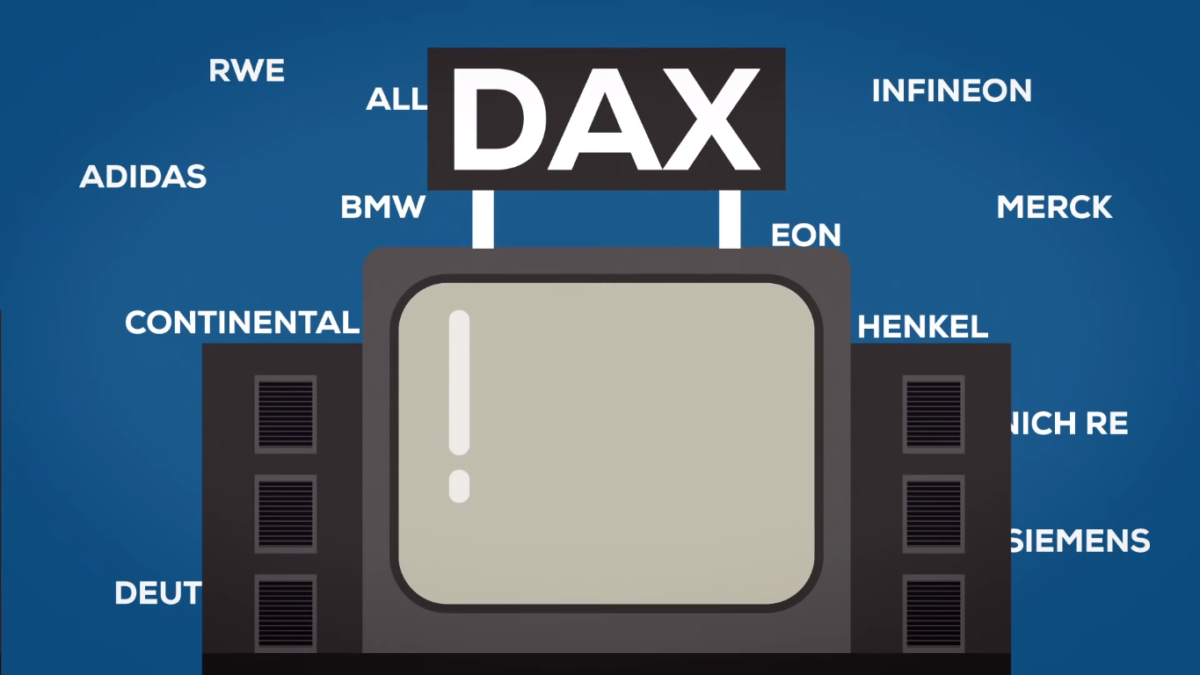INDEX Trading
Before deciding to trade indices it is important to understand what the Index is. The index is just a collection of the number of stocks which are combined to get a general idea of how the sector or industry is doing. The index is mostly made up of top performing stocks in that particular country. For example, in Singapore, the index is Strait Time Index made up of top 30 stock mostly comes under blue chip stocks. Index trading is done by those traders who are not interested to invest in individual stocks, they would rather have exposure to an entire section or industry of the market.
The first index was created by Charles Dow in the year 1896. It has evolved into what we all know it today as the Dow Jones Industrial Average. A trader who invest/trade in the index. He just sells or buys index in spite of particular share. Many who pursue this kind of trading/investing believe that it is impossible to beat the market after taking out all expenses associated with trading/investing.
Examples of stock market indexes would be the S&P 500, NASDAQ, and so on. If you read the business section of most finance websites or newspaper, you will most likely read about the Dow Jones Index, NASDAQ, the S&P500, the DAX, the FTSE100 or the ASX 200. These are the few major indices used as indicators of the overall market they represent.
For example, if you want to capture the movements in technology companies in the US, which represents the likes of Facebook, Google, Amazon, Microsoft, Twitter, and Atlassian, then the NASDAQ index will be the best index to invest/trade.
On our MT4 platform we call this one the NAS_100q index and on cTrader platform, we call it NDXUSD. If you’re after the Asian markets, you can trade the Hang Seng or the Nikkei225 which will give you exposure to some of the biggest and active companies in Hong Kong and Japan. You can access these by searching for HSIHKD and JAPAN 25/JPN 225q respectively. The fact is, index trading is becoming more popular with investors/traders because of the ease of trading them compared to trading particular stocks.
FACTORS AFFECTING VALUATION OF INDICES
Investing/trading in indices requires an investor/trader to comprehend how they are valued in the market. Basic knowledge of the valuation and about the factors that affect the valuation of an index is a prerequisite of being a smart trader. Some of the factors affecting the values of the stocks of an index are: Geopolitical factors like the demonetization policy, Internal factors regulating the internal business conditions of the companies, like launching of a new product or the appointment of a new CEO. Fundamentals such as inflation rate and GDP, changes in monetary policies and key interest rates by the banks and other parent regulators of the market
THE DIFFERENCES BETWEEN INDEX CFD TRADING AND OTHER INSTRUMENTS
Here is a quick comparison between index CFDs and trading share. Just remember: One instrument is not “better” than the other, they’re just different.
| INDEX CFD TRADING | SHARE CFD TRADING |
| Trader invests in ‘a basket’ of shares | Here trader invests in the price of a specific share |
| Price shows the performances of a section of the market | Price shows the performances of a particular company |
| A trader can short or long his/her position | A trader can short or long his/her position |
| A trader can trade with leverage | A trader can trade with leverage |
TRADING HOURS
Trading hours vary depending upon the locale of the index.
BENEFITS OF TRADING INDICES.
Benefit#1 the– Indices can be traded short or long. As we know some stocks can’t be traded short, indices can be traded both on the short and long side. This is crucial because as an investor/trader you want to capture both the downside and the upside movements, therefore providing you with more opportunity.
Benefit #2 – Index can be traded on margin. Trader/investor can allocate a small percentage of his/her trading capital to open an index trade.
Benefit #3 – Indices give you access to international markets. When you trade indices you automatically gain access to the companies and stocks they represent. For example, trading the GBR_100q (UK100) will give you exposure to the movements of UK companies.
Benefit #4 – When a company goes bankrupt, its stocks become worthless. Stockholders lose a lot of money when a company experiences financial difficulties even if it technically remains solvent. A trader/investor can mitigate the risk of a financial meltdown by investing his/her money in a wide variety of securities and stocks. However, it can prove time-consuming and expensive to buy stocks in multiple companies. If a trader buys an index fund, his/her holdings are immediately invested in a diverse range of stocks. The Standard and Poor’s 500 alone contains stocks from 500 different firms. Even if 20 percent of the firms on the index were to struggle, a trader/investor still have some of his/her money invested in 400 other companies.


